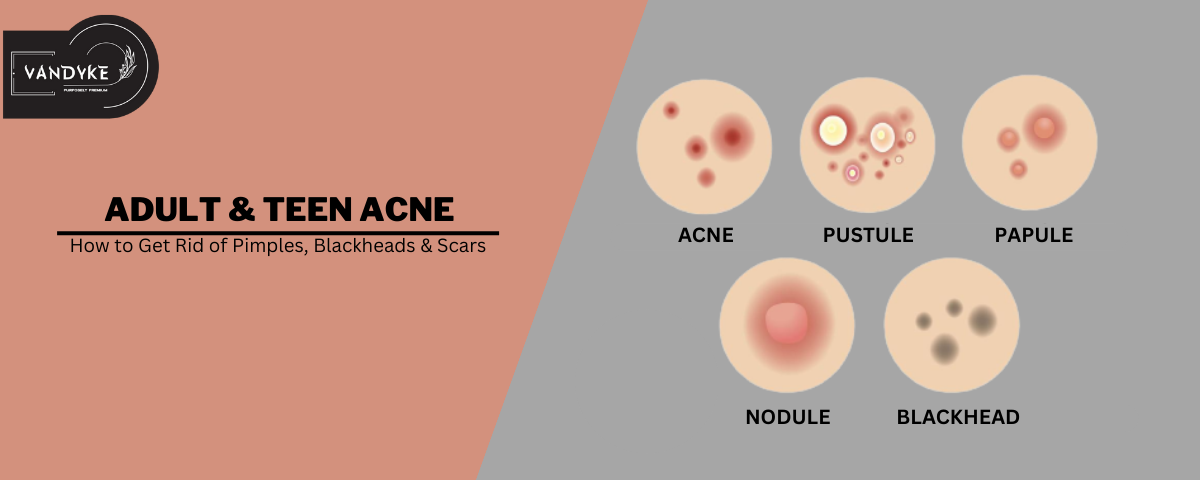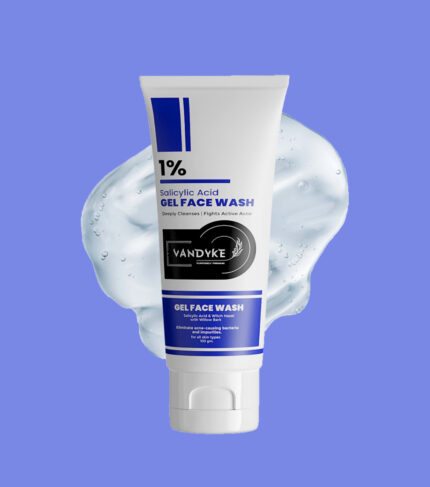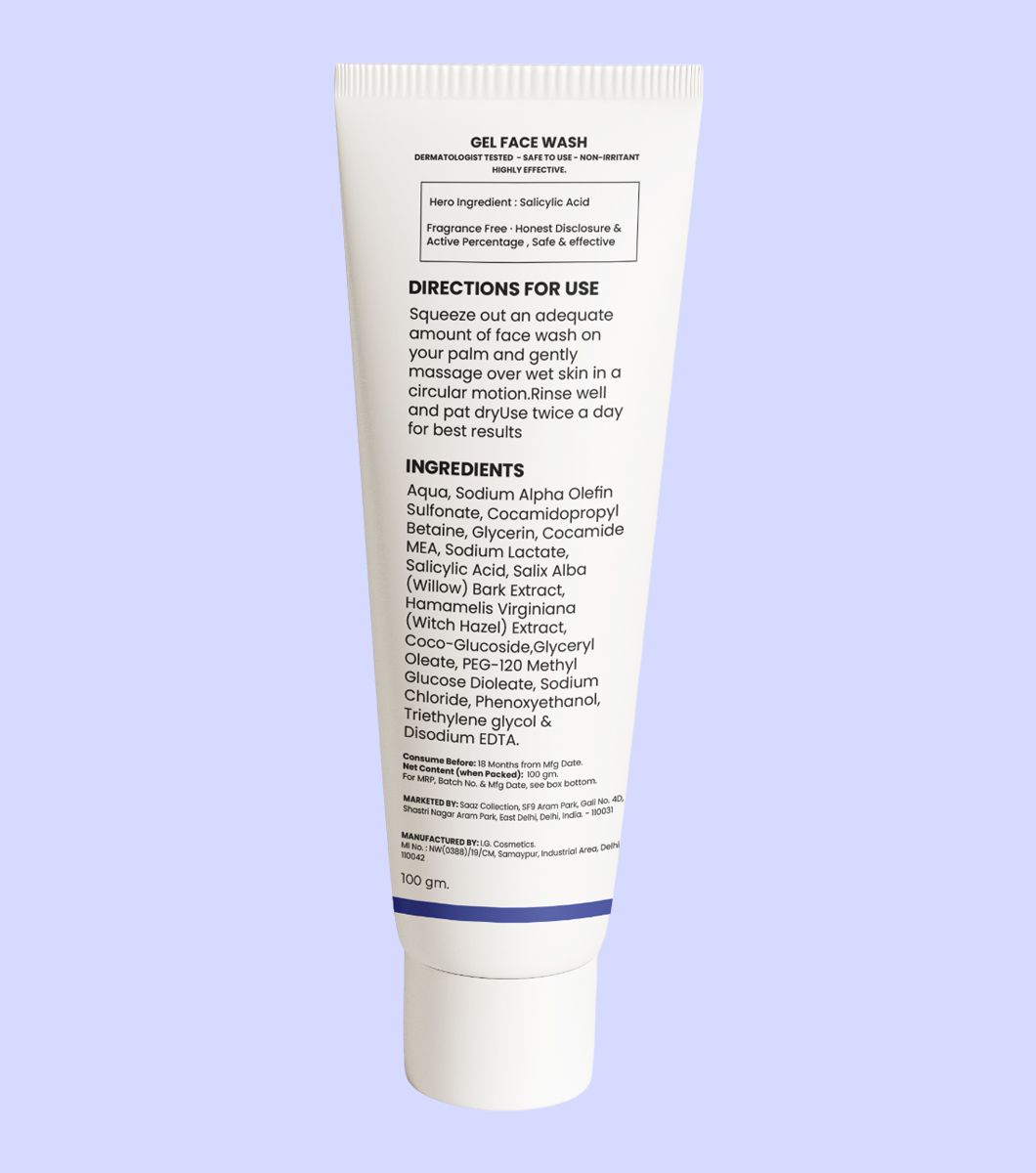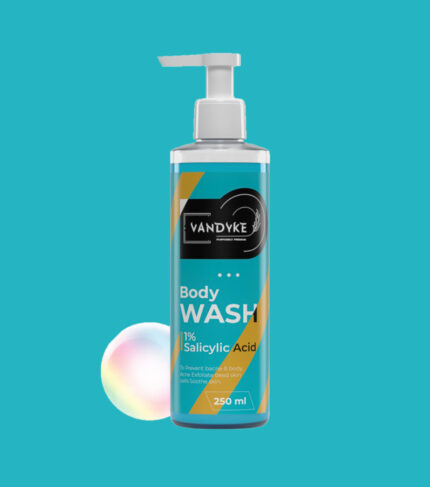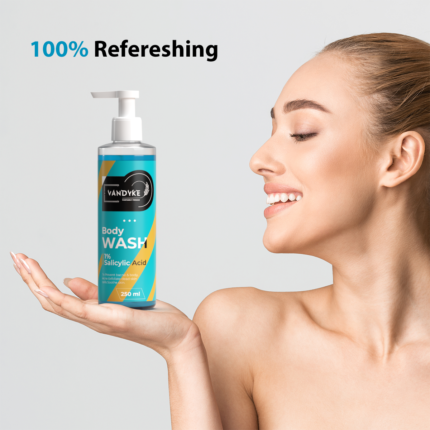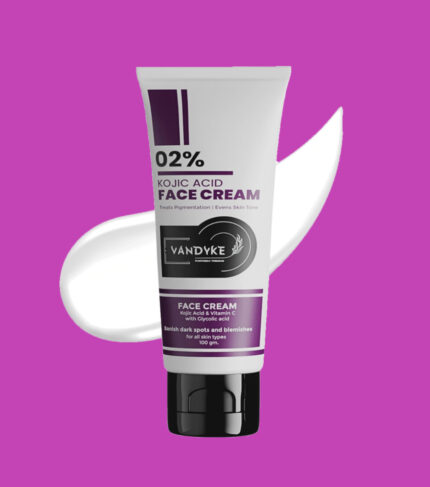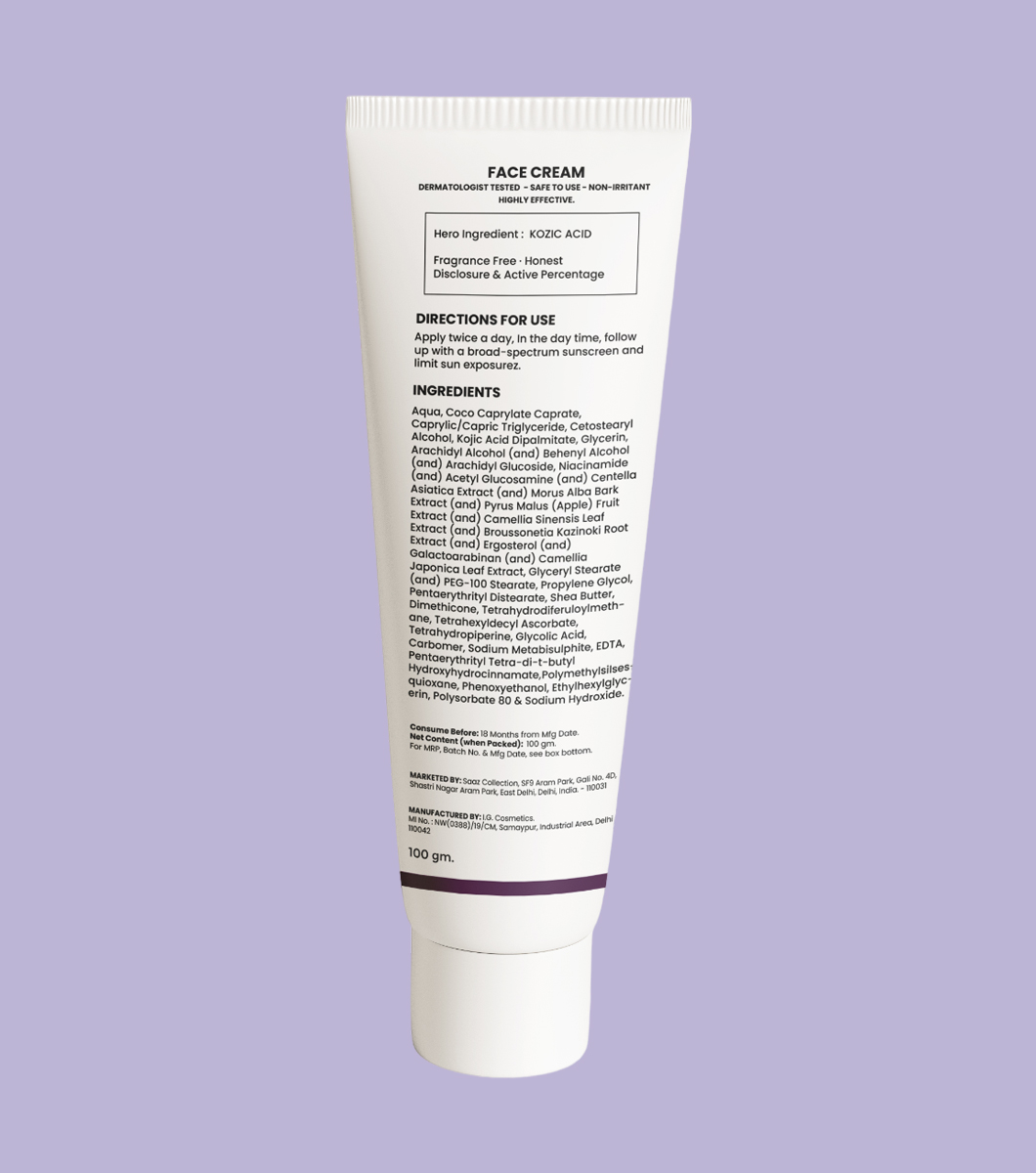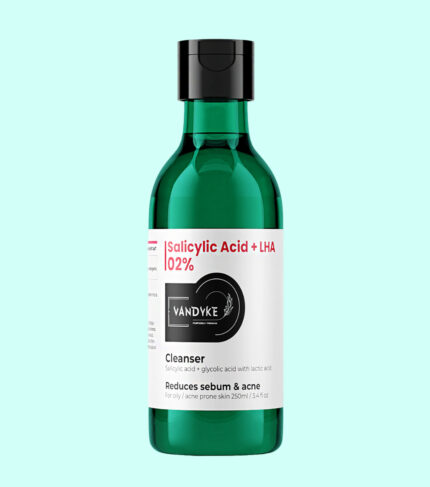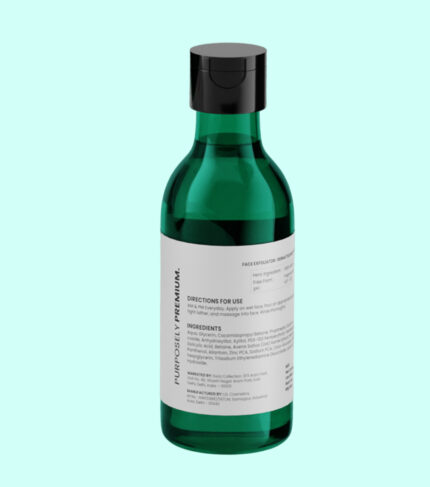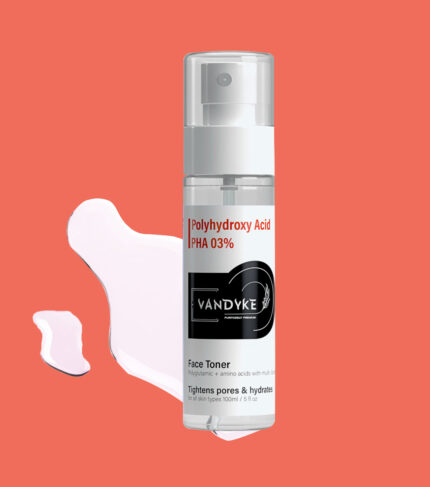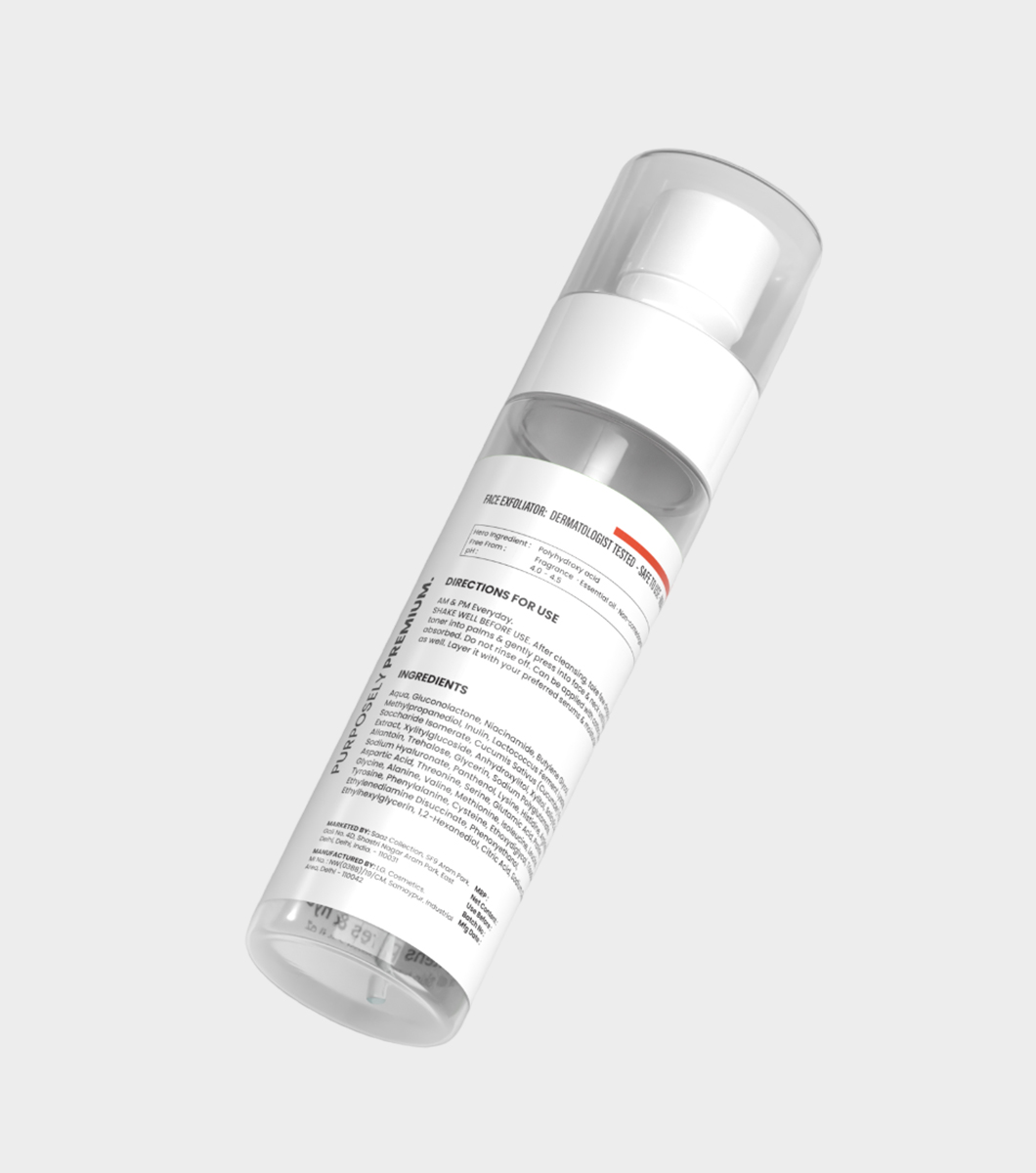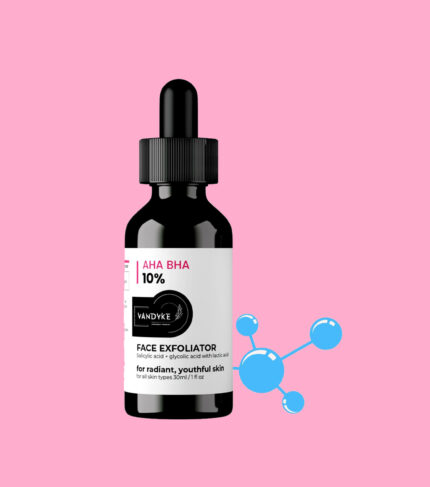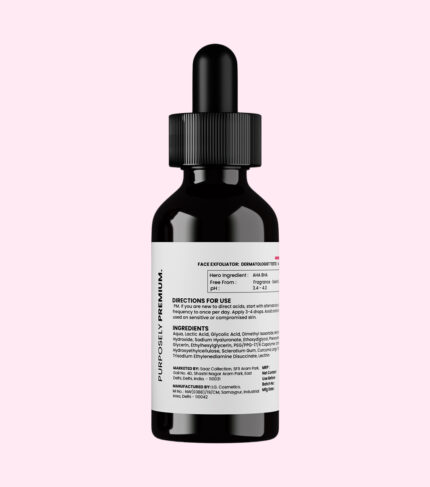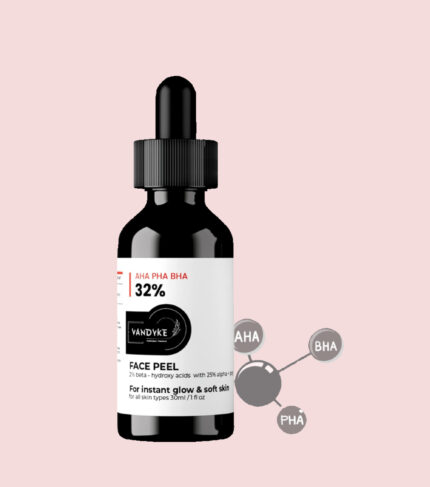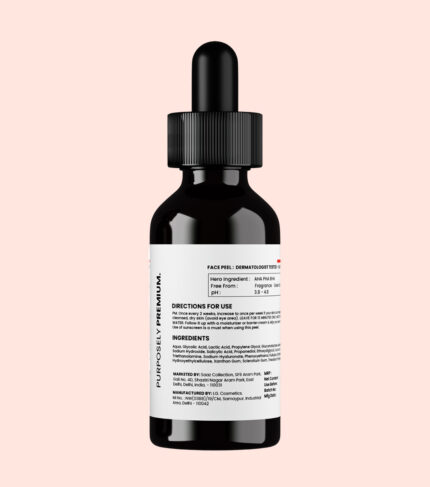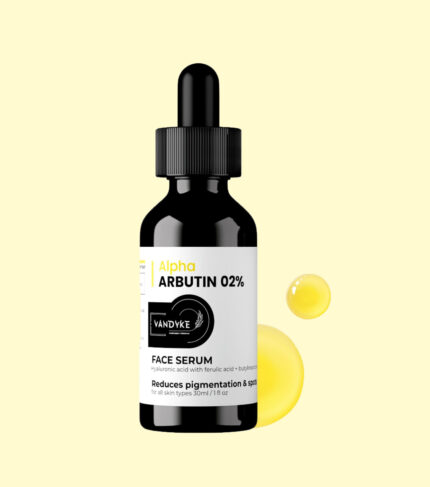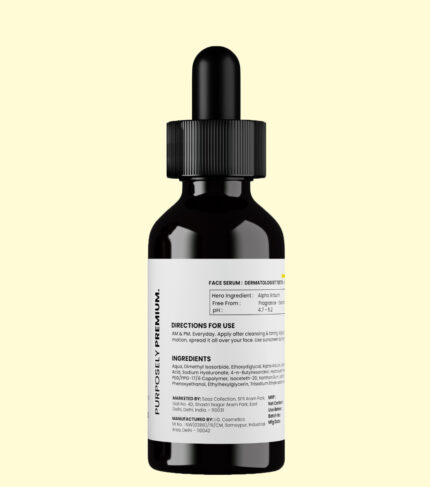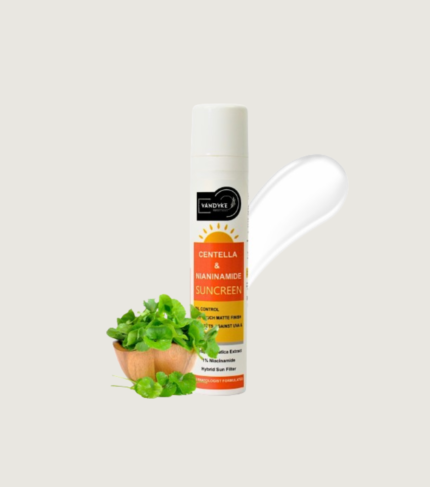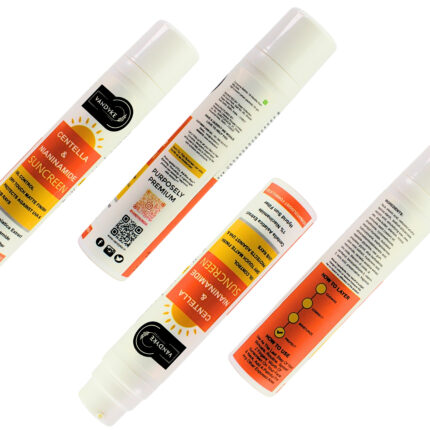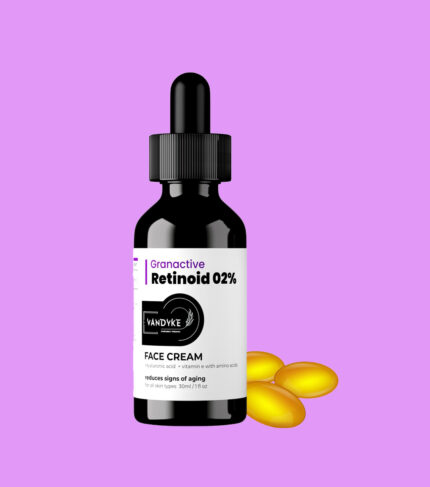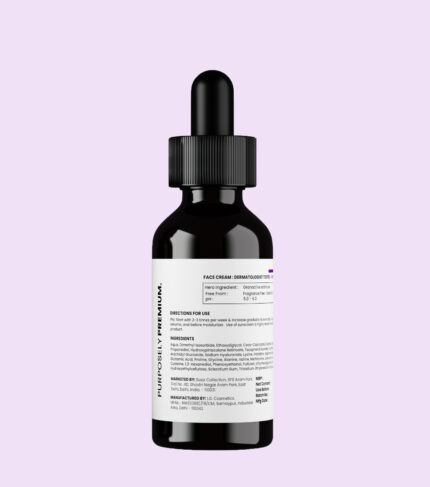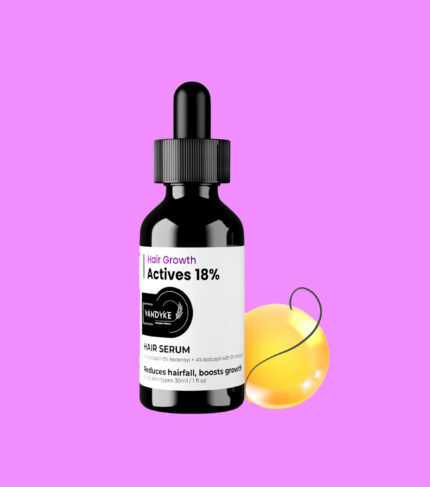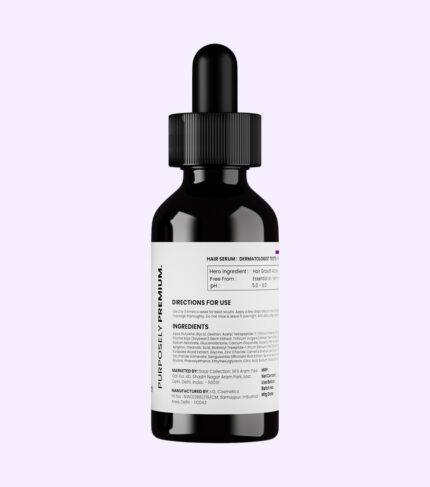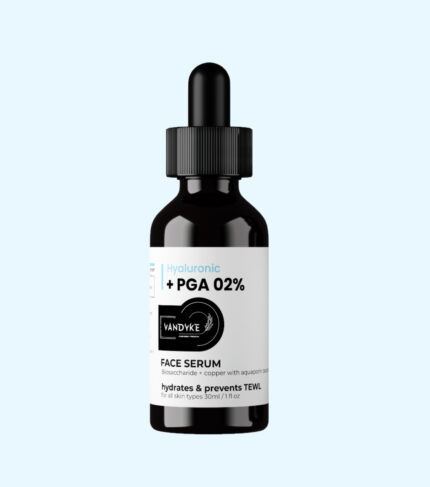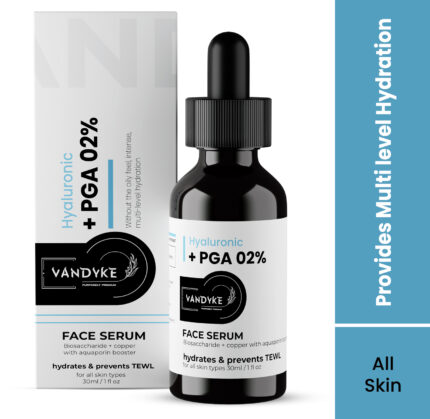How to Get Rid of Pimples, Blackheads and Scars|Adult and Teen Acne
Acne, a common skin condition, affects individuals of all ages, from teenagers to adults. Pimples, blackheads, and scars can be not only physically bothersome but also emotionally distressing. Understanding the causes of acne and adopting effective strategies can help you achieve clear, healthy skin. In this comprehensive guide, we will delve into the world of acne, exploring its origins and providing detailed solutions to banish those pesky pimples, blackheads, and scars.
What is Acne?
Acne is a prevalent skin condition that occurs when hair follicles become obstructed by a combination of oil and dead skin cells. This blockage leads to the development of various types of acne lesions, each with its own characteristics:
- Pimples
These are small, elevated bumps on the skin that can appear red or have a white or black tip. They are often referred to as whiteheads or blackheads. Whiteheads are closed comedones, while blackheads are open comedones.
- Blackheads
Blackheads are small, open comedones characterized by dark centers. The darkness is the result of melanin (skin pigment) oxidation. Blackheads manifest as tiny, dark dots on the skin and are often found on the face and other areas prone to oiliness.
- Cysts and Nodules
These are larger and more severe forms of acne lesions that develop deeper within the skin. They can be painful and have the potential to leave lasting scars. Cysts are typically filled with pus, while nodules are solid and deep-rooted.
Acne can vary in severity, with some individuals experiencing mild outbreaks of a few pimples or blackheads, while others may suffer from more severe and persistent forms of acne, including cystic acne. Hormonal changes, genetics, and lifestyle factors can all contribute to the development and exacerbation of acne. Effective treatments, including topical and oral medications, exist to help manage and alleviate this common skin condition. Consulting with a dermatologist is often advisable to create a personalized acne management plan.
Causes of Acne
To effectively manage and prevent acne, it’s crucial to grasp the underlying factors that contribute to its development. Several common causes and triggers of acne include:
- Excess Oil Production
When the skin produces an excessive amount of sebum (skin oil), it can lead to the clogging of hair follicles, creating an environment conducive to acne formation.
- Dead Skin Cell Accumulation
The skin naturally sheds dead cells, but if this process is disrupted, these cells can mix with sebum and obstruct pores, setting the stage for acne.
- Bacterial Infection
Propionibacterium acnes, a type of bacteria, thrives in clogged hair follicles. Its presence can lead to inflammation, further aggravating acne.
- Hormonal Fluctuations
Changes in hormonal levels, such as those occurring during adolescence, pregnancy, or the menstrual cycle, can trigger acne outbreaks. Hormones influence oil production and skin cell turnover.
- Diet and Lifestyle Factors
Certain dietary choices, such as a high intake of processed foods, dairy products, and sugary items, have been associated with worsening acne in some individuals. Additionally, stress and insufficient sleep can contribute to hormonal imbalances that exacerbate acne.
Understanding these underlying causes of acne is crucial for tailoring an effective treatment and prevention strategy. Depending on the specific factors at play, treatment may involve skincare products, medications, dietary adjustments, and stress management techniques. Consulting with a dermatologist can help individuals develop a personalized plan to address their unique acne triggers and concerns.
Strategies for Clearing Acne and Achieving Healthy Skin
If you’re seeking to combat acne and attain clear, blemish-free skin, consider implementing these proven approaches:
- Gentle Cleansing
Begin your routine with a mild, non-comedogenic cleanser. This will help remove excess oil, dirt, and dead skin cells without causing excessive dryness.
If you are looking for a gentle face cleanser or face wash, then you can choose vandyke ocean face wash. For your skin.
- Topical Treatments
- Salicylic Acid
Incorporate products containing salicylic acid, a beta hydroxy acid (BHA). Salicylic acid exfoliates inside the pores, making it effective for addressing blackheads and whiteheads.
For this you can choose 10% vandyke AHA BHA 10% in this exfoliator containing salicylic acid.
- Benzoyl Peroxide
Look for products with benzoyl peroxide, an antimicrobial agent. It kills acne-causing bacteria and can help reduce inflammation.
- Retinoids
Consider using retinol-based products, derived from vitamin A. These compounds promote skin cell turnover, preventing the accumulation of dead cells that can lead to clogged pores.
For retinoid you can choose vandyke granactive retinoid 02% face serum.
- Prescription Medications
In cases of severe acne, dermatologists may recommend oral antibiotics, hormonal therapies, or isotretinoin (commonly known as Accutane) to effectively manage the condition.
- Skincare Products
Choose skincare products carefully. Avoid harsh, fragranced products that can irritate the skin. Instead, opt for non-comedogenic, oil-free moisturizers and sunscreen to maintain skin health.
- Healthy Lifestyle Choices
Your overall health plays a role in your skin’s condition. Incorporate a balanced diet rich in fruits, vegetables, and whole grains. Additionally, manage stress levels and ensure you get adequate sleep, as these factors can contribute to clearer skin.
- Avoid Picking
Resist the temptation to squeeze or pick at acne lesions. Doing so can lead to scarring and worsen inflammation, making it harder for your skin to heal.
Remember that acne treatment may require time and patience, as results may not be immediate. It’s also essential to consult with a dermatologist to determine the best approach for your specific type and severity of acne. They can provide tailored guidance and monitor your progress to help you achieve and maintain clear, healthy skin.
Professional and Lifestyle Approaches for Managing Acne and Acne Scars
- Chemical Peels
Chemical peels are professional treatments that involve the application of a chemical solution to exfoliate the skin’s top layer. They can be effective for reducing the appearance of acne scars by promoting skin renewal.
- Microneedling
Microneedling is a procedure that creates micro-injuries in the skin, stimulating collagen production. This helps improve skin texture and reduces the appearance of scars, including acne scars.
- Sun Protection
Always remember to apply SPF 50 sunscreen with an adequate SPF to shield your skin from harmful UV rays. Sun protection is essential to prevent post-inflammatory hyperpigmentation, which can cause acne marks to darken when exposed to the sun.
- Diet and Nutrition
While the connection between diet and acne is complex and varies from person to person, some studies suggest that reducing dairy and high-glycemic foods may help manage acne. Incorporating foods rich in antioxidants, such as fruits and vegetables, can also support overall skin health.
- Hormonal Management
For individuals dealing with hormonal acne, healthcare professionals can offer various hormonal management options. This may include oral contraceptives, anti-androgen medications, or hormonal therapies tailored to your specific needs.
Combining professional treatments with these lifestyle approaches can provide a comprehensive strategy for managing acne and improving skin health. It’s important to consult with a dermatologist or healthcare provider to determine the most suitable treatment plan for your unique skin type and concerns. Patience and consistency are key as it may take time to see significant improvements in acne and acne scars.
Conclusion
Pimples, blackheads, and scars need not be a permanent fixture on your skin. Understanding the causes of acne and adopting effective solutions, from gentle cleansing and topical treatments to prescription medications and healthy lifestyle choices, can help you achieve the clear, healthy skin you desire. Embrace a comprehensive approach to acne management and take steps to prevent new breakouts. You have the power to regain your confidence and unveil the smooth, blemish-free skin you deserve.
FAQs
What causes acne to develop?
Acne is primarily caused by the clogging of hair follicles due to excess oil production, dead skin cell accumulation, bacterial infection, hormonal fluctuations, and sometimes dietary and lifestyle factors.
How can I prevent pimples and blackheads from forming?
To prevent pimples and blackheads, maintain a regular skincare routine, use non-comedogenic products, practice good hygiene, and avoid picking or squeezing acne lesions. Sun protection is also crucial to prevent post-inflammatory hyperpigmentation.
What are the best skincare ingredients to treat acne?
Effective skincare ingredients for acne treatment include salicylic acid, benzoyl peroxide, and retinoids. These ingredients help exfoliate the skin, kill bacteria, and promote skin cell turnover.
When should I consult a dermatologist for acne treatment?
You should see a dermatologist if your acne is severe or chronic. To meet your unique requirements, they can provide individualised treatment alternatives, such as prescribed drugs and expert therapies.
Are there natural remedies for treating acne?
Some natural remedies like tea tree oil, aloe vera, and honey may help soothe acne-prone skin, but their effectiveness can vary. It’s essential to use them cautiously and consider consulting a dermatologist for more potent treatments.
How long does it take to see results from acne treatments?
The time it takes to see results from acne treatments can vary based on the severity of your acne and the treatment used. In many cases, it may take several weeks to a few months to notice significant improvements.
Can acne scars be treated or reduced?
Yes, acne scars can be treated or reduced. Professional treatments like chemical peels and microneedling, as well as skincare products containing retinoids, can help improve the appearance of acne scars over time.
Is there a connection between diet and acne?
While the relationship between diet and acne is complex and varies among individuals, some studies suggest that reducing dairy and high-glycemic foods may help manage acne in some people. A balanced diet rich in antioxidants can also support overall skin health.
Can hormonal fluctuations cause acne?
Yes, hormonal fluctuations, such as those occurring during puberty, pregnancy, the menstrual cycle, or conditions like polycystic ovary syndrome (PCOS), can trigger or worsen acne by influencing oil production and skin cell turnover.
Is it important to follow a skincare routine even after acne has cleared up?
Yes, maintaining a consistent skincare routine is essential to prevent future acne breakouts and maintain healthy skin. Sun protection and using non-comedogenic products are especially important for ongoing skin health.
Choose vandyke skin care products and vandyke skin care tips because we are;
“Purposely premium”

